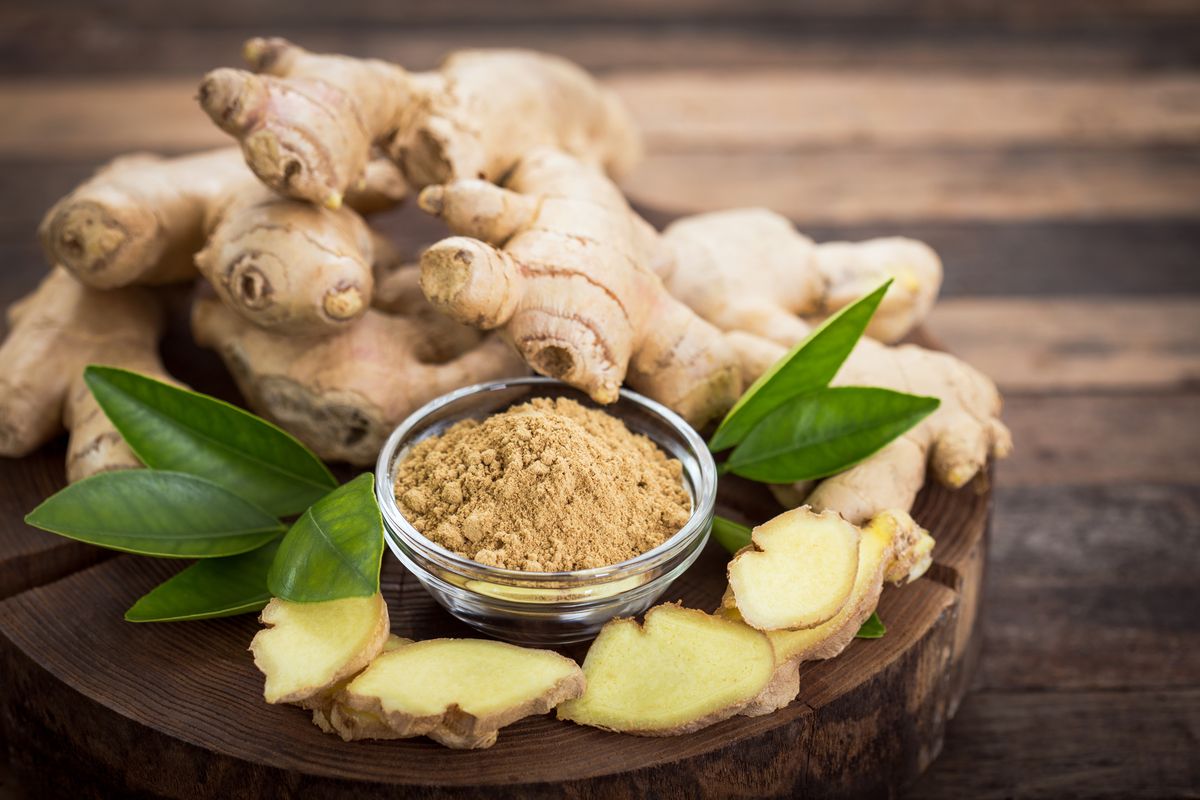Health
Ginger and high blood pressure: all the benefits of this plant

Ginger and high blood pressure: let's see what the benefits are and how to use it to fight hypertension.
Ginger , common name for Zingiber Officinale, is a plant native to the Far East and grown mainly in India and Pakistan. For several years it has also become part of western cuisine , becoming the protagonist of many dishes, both sweet and savory. In addition to its hot and spicy taste, excellent to accompany various dishes, teas and herbal teas, this plant has numerous beneficial properties for health.
So let's find out what are the benefits that derive from its intake and if it is indicated to combat high blood pressure.
Ginger and hypertension: the benefits
The benefits of ginger are numerous: the plant is rich in water and vitamins, especially of group B, E and C. For this reason it helps and facilitates digestion and is good for the entire digestive system, fights nausea and is useful against intestinal ulcers and gastritis. In addition to this, it is a detoxifying plant that is used in oriental medicine to combat sore throats and flu symptoms. It also has anticoagulant and pain-relieving properties. But it doesn't end there! What many people don't know is that ginger is also great for lowering high blood pressure .
High blood pressure, or hypertension, is a very widespread problem and if it is not treated adequately, it can lead to two serious consequences in the long run: stroke and heart attack. Some scientific studies have shown that ginger lowers blood pressure and is therefore very useful for those suffering from hypertension. As Dr. Maddalena Lettino, head of the Humanitas Heart Failure Cardiology Unit, pointed out: "Ginger, but also garlic, help reduce blood pressure thanks to the presence of antioxidant substances and the ability to dilate the arteries."
However, ginger alone is not enough to treat high blood pressure . Hypertension therapy, in fact, provides for various measures such as regular exercise, a healthy and balanced diet, such as the famous Dash diet , and pharmacological therapies. Ginger can be considered an extra help. The Doctor adds: "Ginger and garlic but also hot pepper, turmeric and cinnamon, for example, can certainly help reduce blood pressure, but all spices should never be considered a cure" .
Lower blood pressure with ginger
Thanks to its spicy taste, it is possible to replace salt with ginger, as well as with other spices. Salt, in fact, increases blood pressure and should be consumed sparingly or directly avoided by those suffering from hypertension and heart problems. In addition to this, it also contains antioxidants that promote vasodilation, which can help lower blood pressure values. Finally, its anticoagulant properties reduce the possibility of blood clots forming in the arteries, another problem that can affect low blood pressure.
Obviously, it goes without saying, ginger and low blood pressure don't get along. People suffering from hypotension should always use it sparingly, or risk lowering it further. Finally, it should be noted that some people have noticed that ginger increases heart rate if consumed in excessive doses. Better, therefore, not to exaggerate with the quantities.
The contraindications of ginger
As we have said, ginger is bad for low blood pressure, but it is not the only contraindication of this plant. Taking it in large quantities, in fact, can lead to various ailments even in healthy people. In fact, it can lead to nausea, diarrhea and food poisoning if too much is ingested. It is therefore important to take a daily dose that does not exceed 30 grams. The recommended quantity is always between 10 and 30 grams.
Riproduzione riservata © - WT











